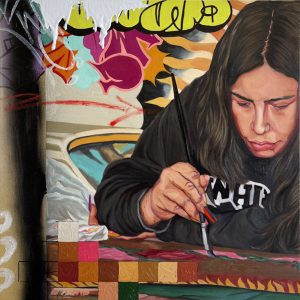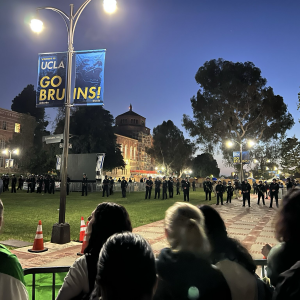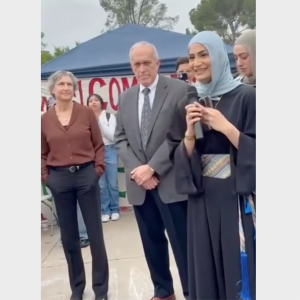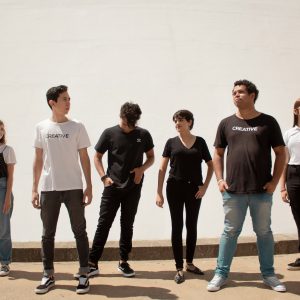 View Winners →
View Winners → 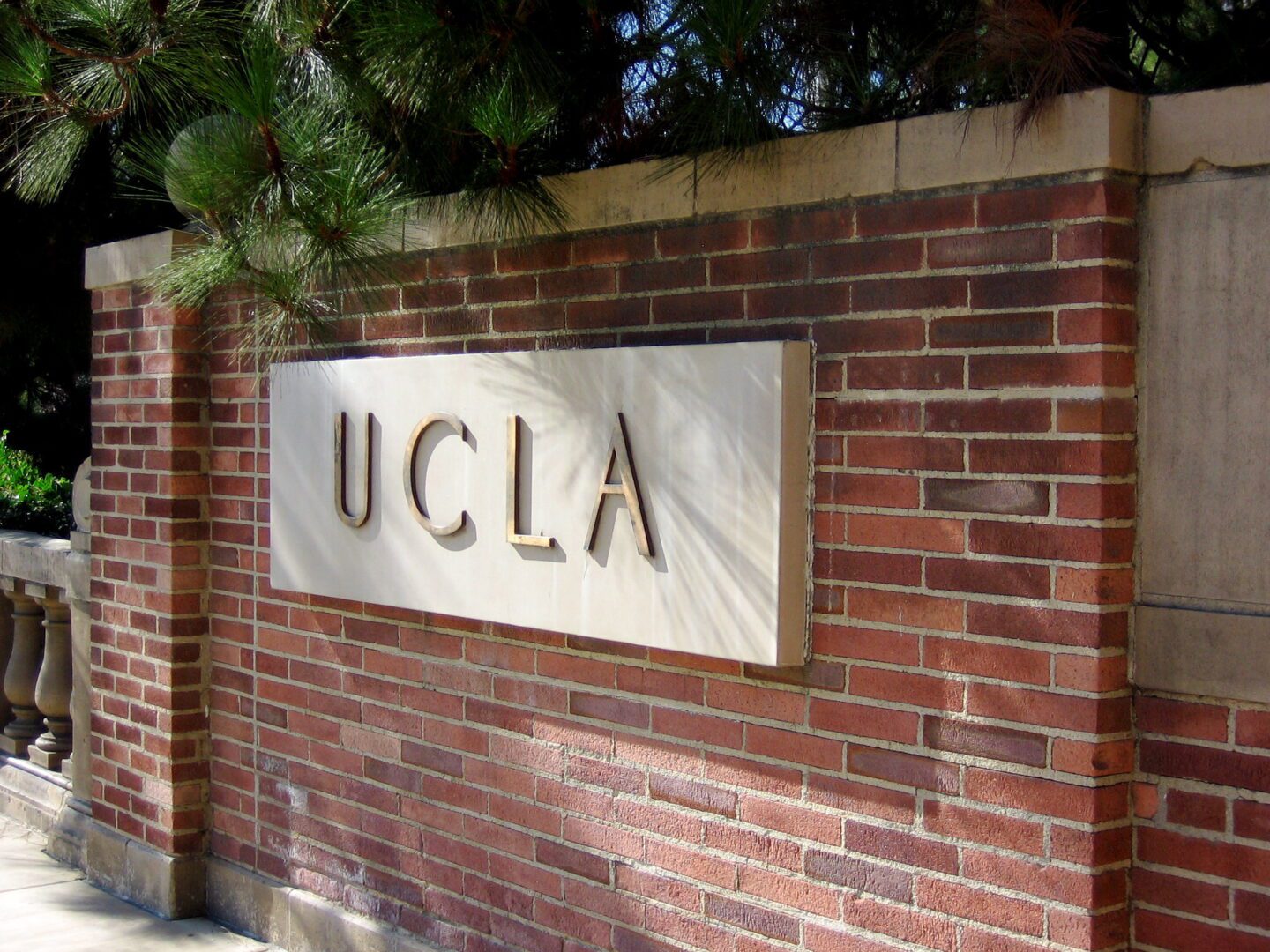
UCLA Health has received a $25.3 million, two-year state grant to expand its health care program for people experiencing homelessness in Los Angeles, officials announced Wednesday.
The grant will fund new equipment and staff, including community health workers to assess patient needs, identify barriers to care and expand access to a variety of services in collaboration with other caregivers, social service agencies, health plans and the state.
Funding from the California Department of Health Care Services will also be used to develop and implement records management and communication systems allowing the UCLA Health Homeless Healthcare Collaborative and other street medicine teams to coordinate care provided to unhoused people.
“We are grateful for the state’s support of our effort to leverage partnerships and provide high-quality, equitable health care to a highly underserved population,” said Johnese Spisso, president of UCLA Health and CEO of the UCLA Hospital System.
“We’re eager to build on our considerable progress with the UCLA Health Homeless Healthcare Collaborative, a program that reflects our broader commitment to improving community health by providing care outside the walls of our hospitals and clinics.”
The grant is part of California’s effort to transform Medi-Cal, the state’s version of Medicaid, the federal government’s public health insurance program for those with limited income. The state effort, known as CalAIM, emphasizes preventive, personalized medicine and greater coordination among a network of health partners providing equitable care.
The collaborative provides free care to those who might not otherwise have access. About 85% of UCLA emergency room visits made by people experiencing homelessness are due to primary- or urgent-care conditions that could be prevented or treated in the community, according to UCLA Health.











